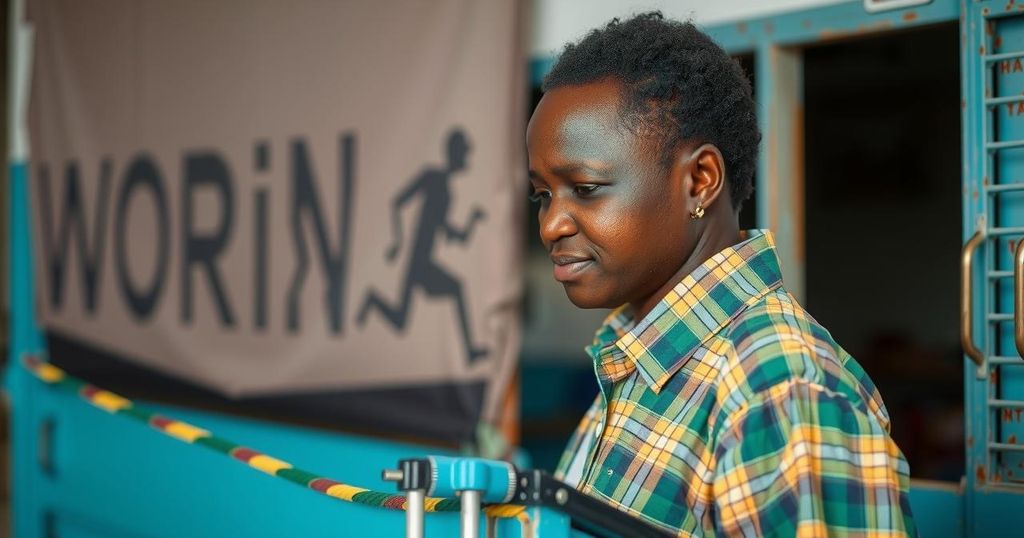Scientists in the Democratic Republic of the Congo are grappling with a flu-like outbreak known as “Disease X,” affecting mainly children under five. The situation is complicated by logistical challenges due to the region’s remoteness and ongoing rains, making access difficult. Over 400 cases have been reported since October, instigating a thorough investigation into potential causes by health officials. Improving local healthcare infrastructure is deemed crucial in addressing this and future outbreaks.
In response to a mysterious flu-like outbreak, scientists face immense logistical challenges in the remote Democratic Republic of the Congo. The outbreak, dubbed “Disease X,” has made accessibility a significant hurdle, with travel from the capital, Kinshasa, to the epicenter taking approximately 48 hours. The rainy season exacerbates the situation, hindering the arrival of medical teams and vital supplies. More than 400 cases have been documented since late October, primarily affecting children under five, prompting the World Health Organization to classify potential causes including pneumonia, influenza, and measles, among others.
The complexity of the situation is heightened by the region’s vast size and dense forests, which are home to significant biodiversity, contributing to the emergence of various zoonotic diseases. Established health issues, coupled with war and environmental crises, have left Congo’s healthcare infrastructure in a precarious state, compounding the public health risk as many affected children are severely malnourished. The Africa Centres for Disease Control, in coordination with the United Nations, is emphasizing the critical need to enhance the surveillance and laboratory abilities within the country to better combat such health crises in the future.
Despite these challenges, the region’s scientists exhibit significant expertise in managing infectious diseases amidst limited resources, showcasing their dedication and resilience in these pressing circumstances.
The ongoing situation in the Democratic Republic of the Congo revolves around an outbreak of a previously unidentified disease, affecting predominantly young children. With symptoms resembling influenza, including fever and cough, the urgency to identify the causal agent grows as local and international health authorities mobilize resources in response. Historical context is paramount, as Congo has a history of being a hotspot for emerging infectious diseases, necessitating a robust public health strategy to combat such outbreaks effectively. The country’s size and ecological diversity present both challenges and opportunities in addressing health crises, particularly in the context of existing vulnerabilities such as malnutrition and inadequate healthcare infrastructure.
The outbreak of “Disease X” in the Democratic Republic of the Congo underscores the critical need for improved healthcare infrastructure and rapid response capabilities in remote areas. With over 400 cases reported, particularly among vulnerable children, the situation is dire. Enhancing surveillance and laboratory capacities is essential in mitigating the impact of such outbreaks and ensuring a timely response to infectious diseases. The resilience and expertise of local scientists and health professionals remain pivotal in navigating these complex challenges.
Original Source: www.bnnbloomberg.ca






